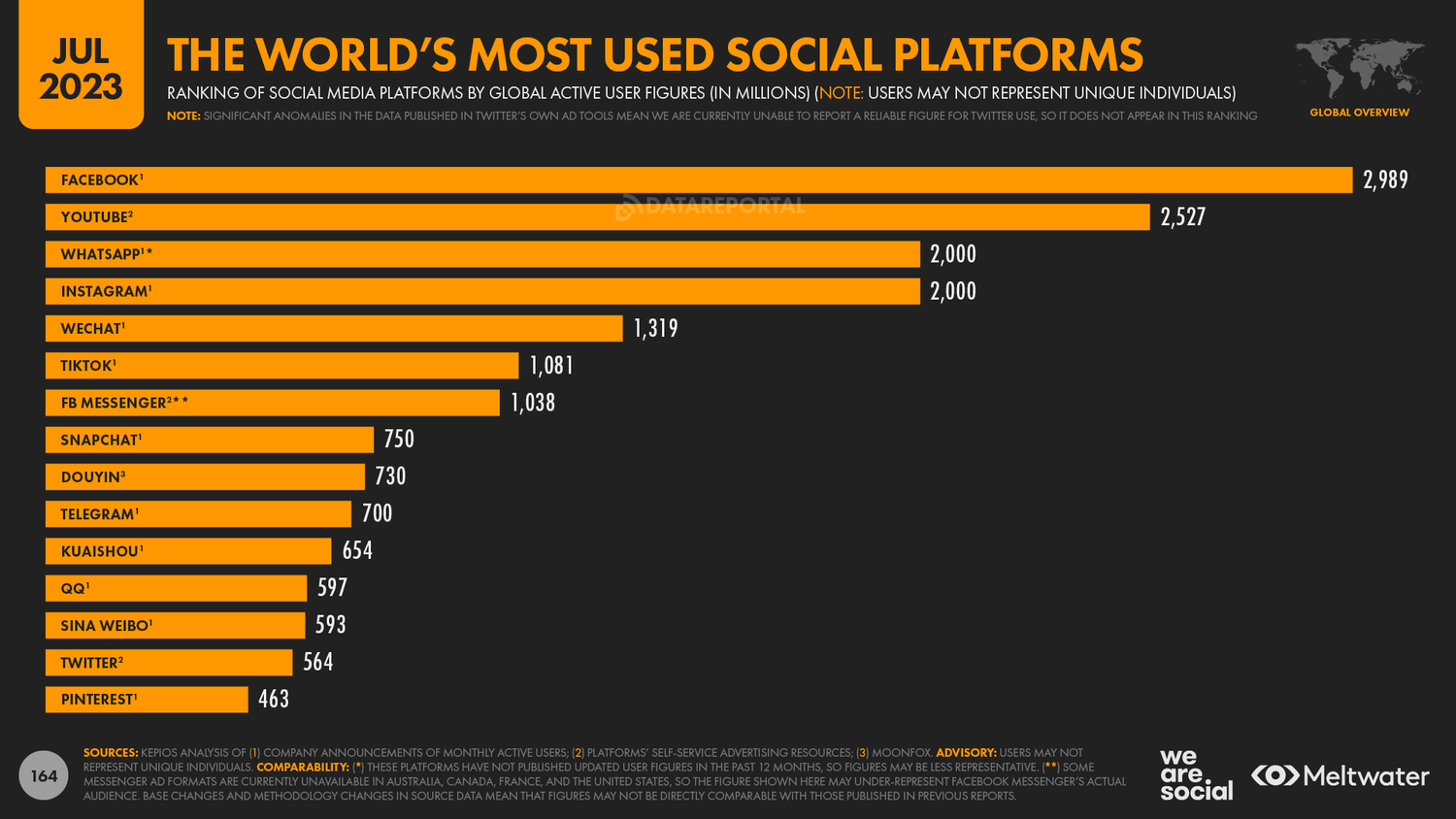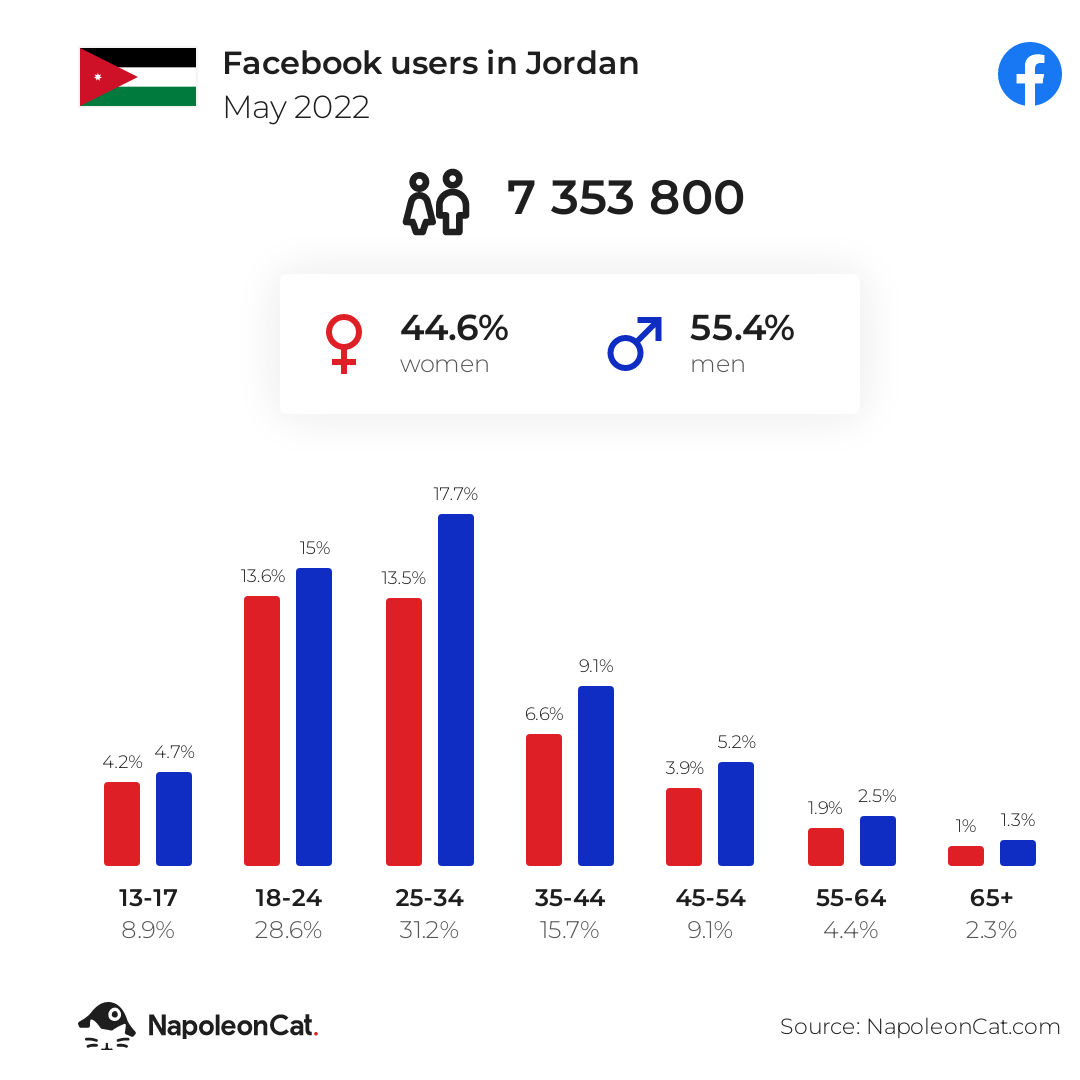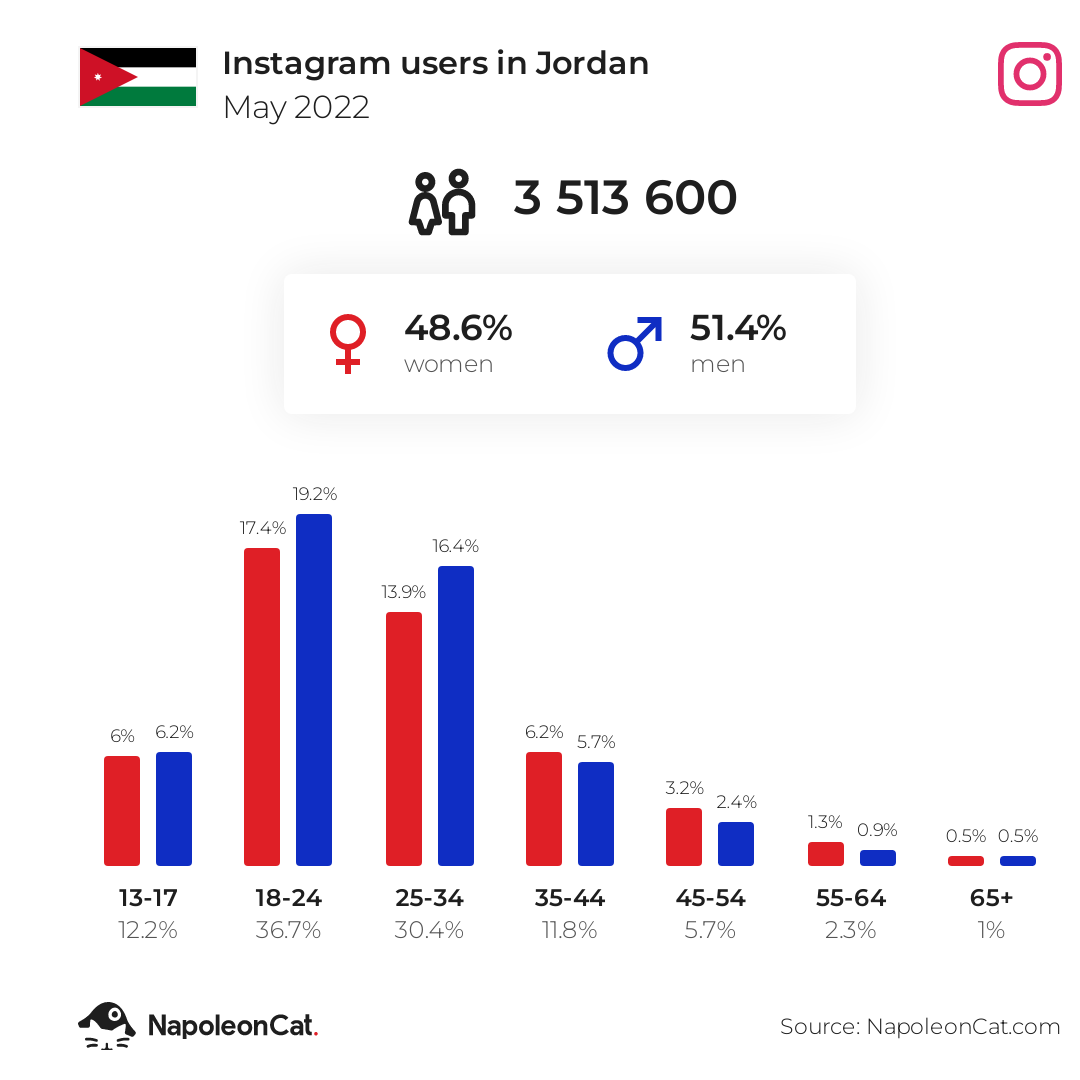Is Jordan’s new cybercrime law a preface for more regulation, taxation?
ALBAWABA – Some of the articles in Jordan’s new cybercrime law 2023, ratified by parliament on Tuesday, could be indicative of a larger regulatory agenda by the government, going beyond concerns of muffling public criticism and invading privacy.
The bill, or draft, pending the approval of King Abdullah II, also laws the legal foundation for legislative regulation of social media networking and platforms.
Article (37) of Jordan's new cybercrime law 2023 stipulates that social media companies are required to establish offices in Jordan, as reported by AlMamlaka TV.
Failing to comply with the articles of the law and the specified periods will subject these companies to a variety of measures. Such measures range from banning ads on the companies’ platforms to imposing fines and restricting access and bandwidth, all the way to banning platforms altogether.
Is Jordan's new cybercrime law a preface for social media taxation?
Demanding that social media companies establish offices in Jordan serves a multifaceted purpose.

First, it would help – in principle – span the Jordanian authorities’ domain to the posts and content circulating social media platforms and networks, both domestically and externally.
It would set a precedent. But should the government realize such objectives, it will be able to – at least in part – control the narrative when it comes to Jordan-related topics. It would also allow the authorities to create localized legal requirements that would force companies to run their platforms on a country-by-country basis. This would probably include privacy and content policies.
The next step, as to whether Jordan will be able to reinforce this legislation with further sector-specific laws and regulations, and whether the companies will stomach it and comply, is an entirely different story.
Second, from a business perspective, this would also expand the government’s taxation domain to include these companies’ operations in Jordan.
Back in the years 2017 and 2018, a legal and technological battle broke out between the government of Jordan and taxis on one side and ride-hailing services Uber and Careem and their captains on the other.
For the better part of the year, these apps were blocked and banned, and the authorities carried out expansive campaigns to fine their drivers. That was one of the earliest instances when VPNs were banned because it helped users circumvent the network and carrier-enforced blocks on the applications.
The government demanded the companies have offices in Jordan as well and that they pay taxes on the services they provided people in Jordan.
Of course, Uber and Careem resisted for as long as they can. But eventually, they caved. Today, the two apps are among the few officially registered with offices in Jordan, paying taxes and all.

In general, the idea that a service used widely by Jordanians is going untaxed, unregulated and unlicensed by a Jordanian government entity does not sit well with the government. Not to mention that taxi drivers mounted pressure for months on the government to ban the apps altogether, because they were supposedly harming their business.
Overall, the government’s announced drive back then was to create a fairer market for the domestic sector, taxis and public transportation; and protect it from the big globally competitive market.
But when it comes to social media, who is the government protecting?
Unspoken motives behind Jordan’s new cybercrime law
In general, Jordan’s government has been scrambling to create new sources of income and taxation for years to help finance recurring budget deficits.
Since 2016, various efforts and programs were enacted with the International Monetary Fund (IMF), to expand the taxable base in Jordan. New laws were introduced as reforms to the tax system, along with partial de-subsidization. This, in part, led to the 2018 protests, which partially prompted the resignation of the government back then.
However, it is likely where the government got the idea from; to tax new segments in the economy and society and create new streams of revenue.
Granted, the government won the battle against Uber and Careem. Will it prevail over Meta and Twitter?
Will Meta, Twitter comply with Jordan’s new cybercrime law?
Most likely, they will not. Market share is an essential aspect to consider here, as to whether or not social media companies will cave the way Uber and Careem did in Jordan.
Worldwide, Careem and Uber have captured a market of 143 million users, 50 million Careem users and 93 Uber users, according to official company data.
Statista estimates there are 1.9 million ride-hailing users in Jordan. This comprises a share of 1.3 percent of the combined global market of Uber and Careem.
Notably, 1.3 percent of a global market is a significant percentage. It reflects high penetration rates, despite government restrictions and complications, and Statista estimates the number will grow to 2.05 million users by 2027.
The same does not apply for social media platforms. They are near their highest penetration rates, with no notable resistance, until now. Meaning that Jordan’s market for social media platforms is at its peak.
So, how important is Jordan’s market for the big social media companies, Meta and Twitter?
As of January 2023, there were 6.61 million social media users, according to Datareportal.com. Statistics and data platform Napoleon Cat specifies 3.5 million and 7.3 million Instagram and Facebook users in Jordan, respectively.
Meanwhile, Twitter (now X) has less than one million users in Jordan, as reported by Jordan News.
As of April 2023, Facebook has nearly 3 billion active users worldwide, as per Data Reportal, and Instagram has 2.35 billion active users, according to Demand Sage.

In other words, Jordan comprises approximately 0.14 percent of Instagram’s global market and 0.24 percent of Facebook’s global market.
As for Twitter, Jordan’s market of active users comprises 0.2 percent of Twitter’s global market.
In other words, Jordan’s share of the social media behemoths’ global market is – from a business perspective – too insignificant for the companies to compromise on their policies.
As previously explained, there is the additional risk that complying with Jordan’s 2023 cybercrimes law would set a precedent for other countries to force the companies’ hands as well.
What if social media companies do not comply with Jordan’s new cybercrime law requirements?
What will likely happen, should the law pass and come into effect, is that the main social media platforms will be banned within a few years.
As a result, new platforms will surface in Jordan, the way they did in Iran and even North Korea, which may be more difficult to regulate as social media networking slips into the shadows.
So far, various protests and stand-ins were held over the past few weeks. Memorandums and petitions were submitted to Parliament and the Jordan Press Association, all before the House of Representatives ratified the amended 2023 Jordan cybercrimes law, but to no avail.











